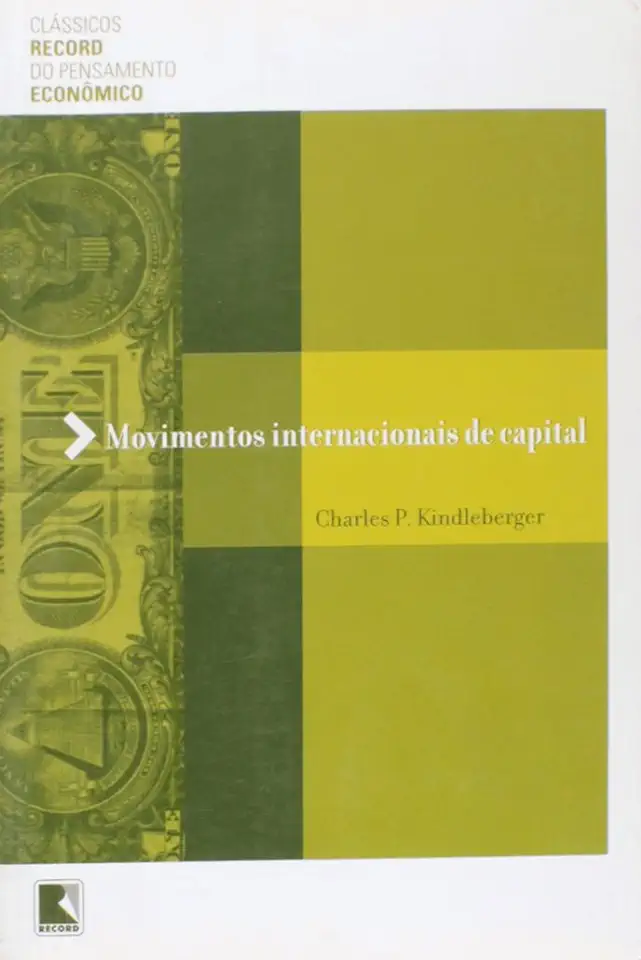
International Capital Movements - Charles P. Kindleberger
International Capital Movements: A Comprehensive Analysis
Introduction
In his seminal work, "International Capital Movements," Charles P. Kindleberger provides a comprehensive analysis of the factors that drive international capital flows and their impact on the global economy. Kindleberger argues that capital movements are essential for economic growth and development, but that they can also be a source of instability and crisis. He explores the complex relationship between international capital flows, trade, and economic growth, and he identifies the key factors that determine the direction and magnitude of capital flows.
The Determinants of International Capital Movements
Kindleberger identifies a number of factors that influence international capital movements, including:
- Interest rates: Capital flows from countries with low interest rates to countries with high interest rates.
- Inflation: Capital flows from countries with low inflation to countries with high inflation.
- Exchange rates: Capital flows from countries with weak currencies to countries with strong currencies.
- Political risk: Capital flows from countries with high political risk to countries with low political risk.
- Economic growth: Capital flows from countries with slow economic growth to countries with fast economic growth.
Kindleberger also discusses the role of financial institutions and regulations in international capital movements. He argues that financial institutions play a key role in facilitating capital flows, and that regulations can either encourage or discourage capital flows.
The Impact of International Capital Movements
Kindleberger explores the impact of international capital movements on the global economy. He argues that capital flows can have both positive and negative effects. On the positive side, capital flows can help to finance economic growth and development, and they can also help to stabilize the global economy. On the negative side, capital flows can lead to financial crises, and they can also exacerbate income inequality.
Kindleberger concludes that international capital movements are a complex and multifaceted phenomenon. He argues that there is no single policy that can be used to manage capital flows effectively. Instead, he recommends a combination of policies that are tailored to the specific circumstances of each country.
Conclusion
"International Capital Movements" is a comprehensive and insightful analysis of the factors that drive international capital flows and their impact on the global economy. Kindleberger's work is essential reading for anyone who wants to understand the global economy and the role of capital flows in it.
Why You Should Buy This Book
"International Capital Movements" is a must-read for anyone who wants to understand the global economy. Kindleberger's clear and concise writing style makes this book accessible to readers of all levels, and his insights into the world of international finance are invaluable. If you are interested in learning more about how capital flows affect the global economy, then this is the book for you.
Here are a few reasons why you should buy "International Capital Movements":
- It is a comprehensive and insightful analysis of the factors that drive international capital flows and their impact on the global economy.
- It is written by one of the world's leading experts on international finance.
- It is clear and concise, making it accessible to readers of all levels.
- It is essential reading for anyone who wants to understand the global economy.
Don't miss out on this opportunity to learn more about the global economy. Order your copy of "International Capital Movements" today!